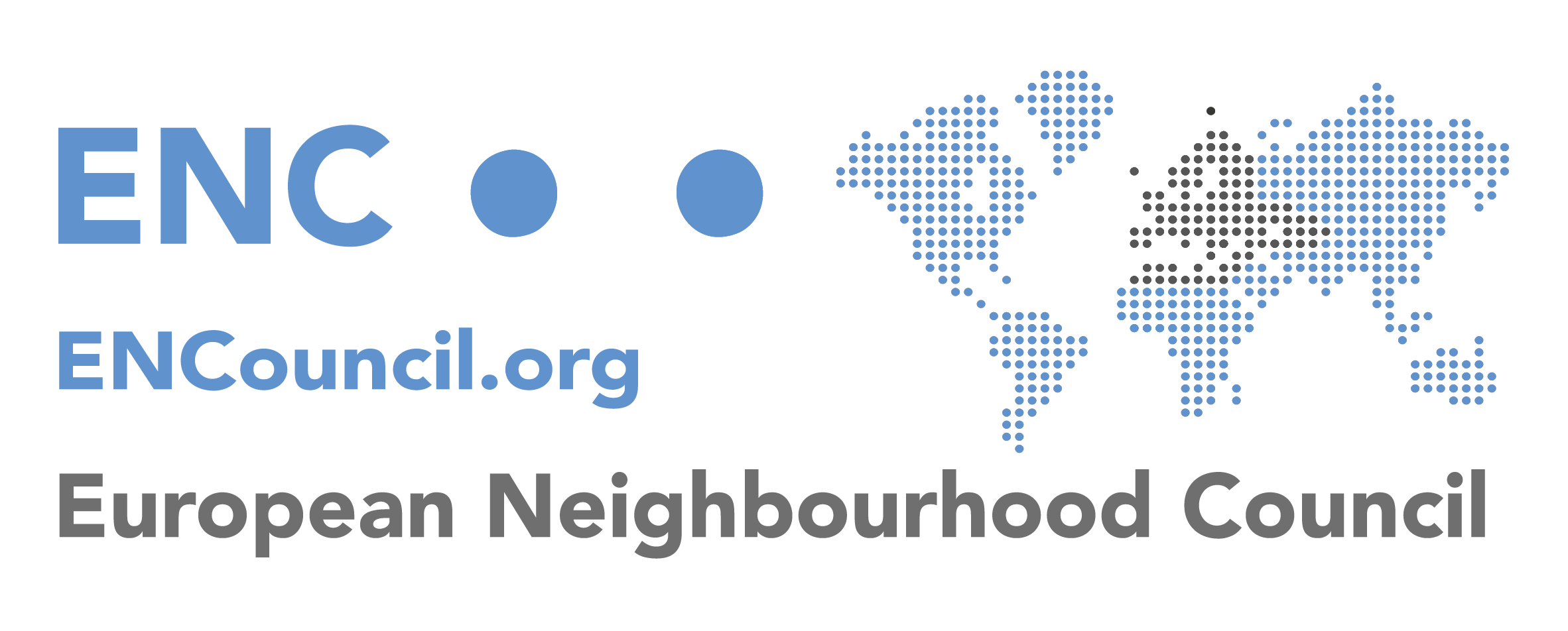ENC Director Samuel Doveri Vesterbye Speaks at EUI Round Table on Critical Infrastructure in the Black Sea During Wartime
On 7 October, Samuel Doveri Vesterbye, Managing Director of the European Neighbourhood Council (ENC), took part in a round table discussion titled “Critical Infrastructure in the Black Sea During a Time of War: Resilience and Adaptation.” The event was hosted by the School of Transnational Governance (STG) at the European University Institute.
The discussion focused on the resilience, reconstruction, and regional connectivity of critical infrastructure in Ukraine and the wider Black Sea region amid ongoing conflict.
Participants included Denis Cenusa and Michael Guterbock (both Visiting Fellows at STG) alongside Samuel Doveri Vesterbye. Together, they examined how infrastructure systems, from energy grids and transport networks to healthcare facilities, operate under extreme stress and adapt in times of war.
The session opened with remarks by Professor Trine Flockhart, who introduced the concept of a “Multi-Order World.” Denis Cenușa discussed the performative role of critical infrastructure during wartime, illustrating how Ukraine’s transport, energy, and social systems have become both strategic targets and symbols of national resilience. He introduced the concept of “re-securitisation”, where the protection of infrastructure becomes central to state survival and national identity.
Michael Guterbock provided an in-depth overview of Ukraine’s healthcare infrastructure across the frontline, describing how hospitals and clinics are continuously rebuilt, repurposed, and safeguarded despite ongoing bombardment. He emphasised that restoring healthcare capacity is vital for reconstruction and for enabling the safe return of displaced civilians.
Samuel Doveri Vesterbye expanded the discussion to the regional dimension, analysing the complexity of Black Sea infrastructure and its links to emerging trans-Eurasian trade and energy corridors. He underscored how Ukraine’s recovery is tied to these evolving routes, which are reshaping connectivity between Europe, Central Asia, Turkey and the South Caucasus.
The round table highlighted how critical infrastructure serves not only as a functional backbone in times of crisis but also as a performative and transformative force in shaping resilience, identity, and future regional integration.


